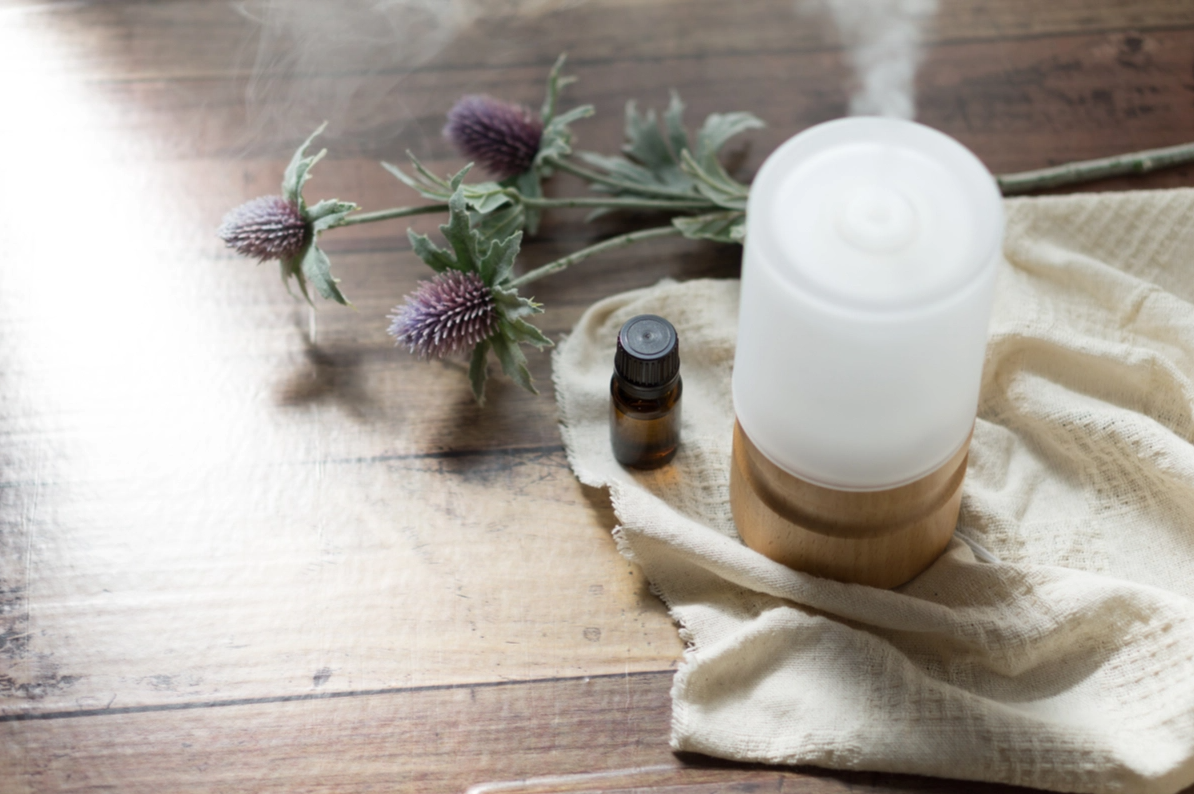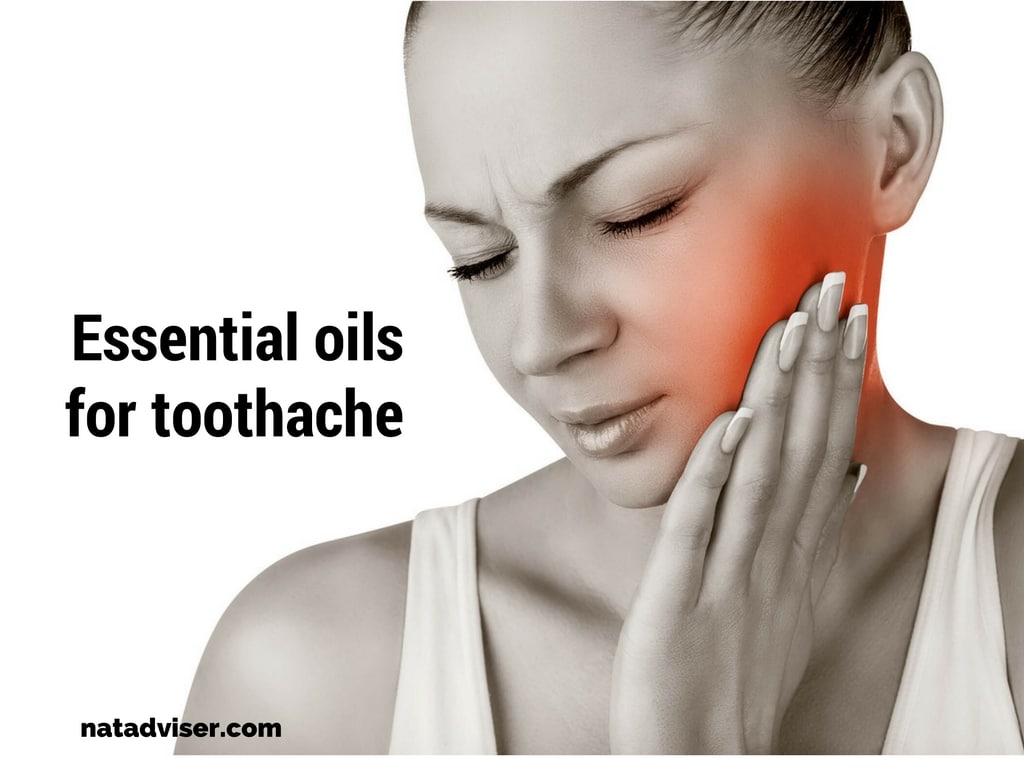
Essential oils for toothache is not a common remedey for such an issue. By all means, hygiene is an important daily practice that helps us preserve our health. The significance of effective dental care is especially indescribable because the human mouth is colonized by 200 to 300 bacteria species of which some cause infections and decay of teeth.
Table of contents
The bad bacteria, also called plaque, thrive on the carbohydrates, producing acids, which destroy the tooth enamel and gums, as a result.
The decay of enamel, roots and gums is characterized by various symptoms, such as bad breath, irritation, swelling, pain and inflammation. These signs of ailment surely require medical attention.
Waiting for a dentist appointment in such discomfort can be a long and torturing process that makes us reach for painkillers and other over-the-counter drugs that quite often leave us disappointed.
5 essential oils for toothache
Clove essential oil
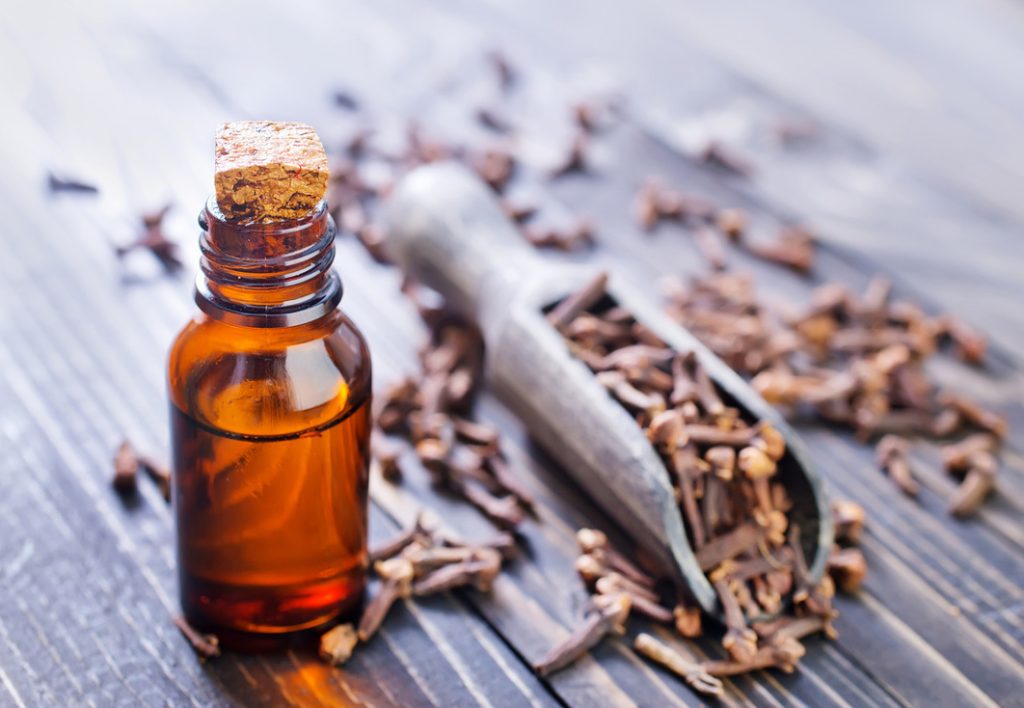
Clove essential oil is a well-known natural remedy that has been used for centuries and is still used nowadays in modern dentistry for the treatment of dental pain, sore gums, toothache and mouth ulcers.
The antiseptic and germicidal qualities of the oil can easily heal and disinfect open wounds that cause excruciating pain and swelling of the cheeks in the first place.
On top of that, the presence of the compound called eugenol gives the oil additional antiseptic and anesthetic attributes, which dentists exploit when sealing exposed root canals. The 2006 study published in The Journal of Dentistry proves the numbing effects of clove essential oil to be similar to those of benzocaine, a substance used before needle injections. Аs clove essential oil effectively treats coughs and colds
If you are insecure about your bad breath because of the tooth decay, food that is stuck in your cavity or because of the pus infection, no worries, the sweet and spicy fragrance of the cloves will easily camouflage your insecurity
Cinnamon essential oil
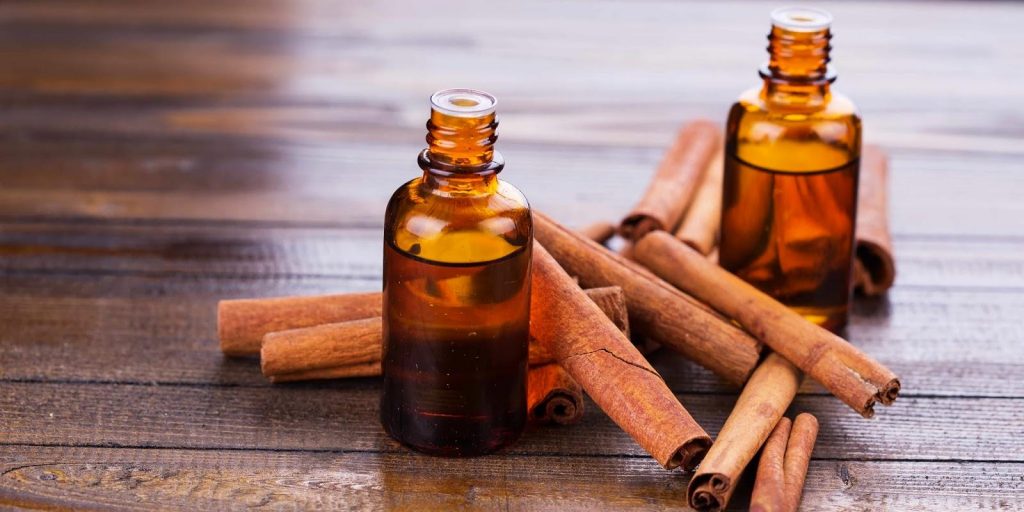
Cinnamon essential oil is an excellent natural remedy for treating bad breath as the significantly strong, spicily, yet sweet fragrance of the oil is capable of overpowering and removing bad odor in your mouth.
When it comes to treating more serious dental problems, the antibacterial, antiseptic and antifungal qualities of the oil will help you prevent further bacterial infections that may lead to more serious illnesses, such as gingivitis and periodontal disease.
Cinnamon oil as one of the best essential oils for gum disease carries coagulant qualities capable of stopping the excess bleeding of your gums when brushing and flossing your teeth.
Such anti-inflammatory nature of the cinnamon oil not only helps strengthen the gums but also relieves the tooth pain, consequently making the swelling of your cheeks and possible headache vanish away.
Myrrh essential oil

Myrrh essential oil for tooth pain carries antibacterial and antifungal qualities that successfully kill the microbes responsible for inflammation and decay of enamel and gum tissue.
These antiseptic qualities paired with the crucial anti-inflammatory attribute of the oil extracted from aromatic resins of Commiphora tree species create a winning combination, excellent for treating the symptoms of various oral conditions, including gingivitis and mouth ulcers.
The 2010 study published in the Journal of Immunotoxicology shows how effective myrrh oil actually is when it comes to treating ulcers in the mouth as well as in the stomach. The stimulating nature of the oil formula promotes the function of white blood cells responsible for regeneration of damaged membranes on organs.
In addition, even if you are suffering from severe form of gingivitis that has loosen your teeth, the astringent nature of the myrrh oil will help you fight the premature teeth loss by contracting and strengthening the connective tissue between your “pearly whites” and gums.
Tea tree essential oil

Tea tree essential oil for toothache treatment carries crucial antibacterial qualities that are capable of eradicating the plaque responsible for your pain and discomfort. Clean and disinfected gum wounds and cavities are two first necessities required for successful recovery.
According to the University of Michigan Health System, tea tree essential oil is enriched with terpenoids, including cineole and terpinene-4-ol, which successfully eliminate the bacteria resistant to antibiotics.
Furthermore, according to the mentioned institution, tea tree essential oil is effective enough to treat chronic bad breath (halitosis) caused by bacteria that tends to thrive on the back of the tongue and below the gum line.
The healing properties of the tea tree oil don’t end here as the stimulating nature also promotes blood circulation that binges nutrients and oxygen required for regeneration purposes to every aching part of the mouth.
Peppermint essential oil
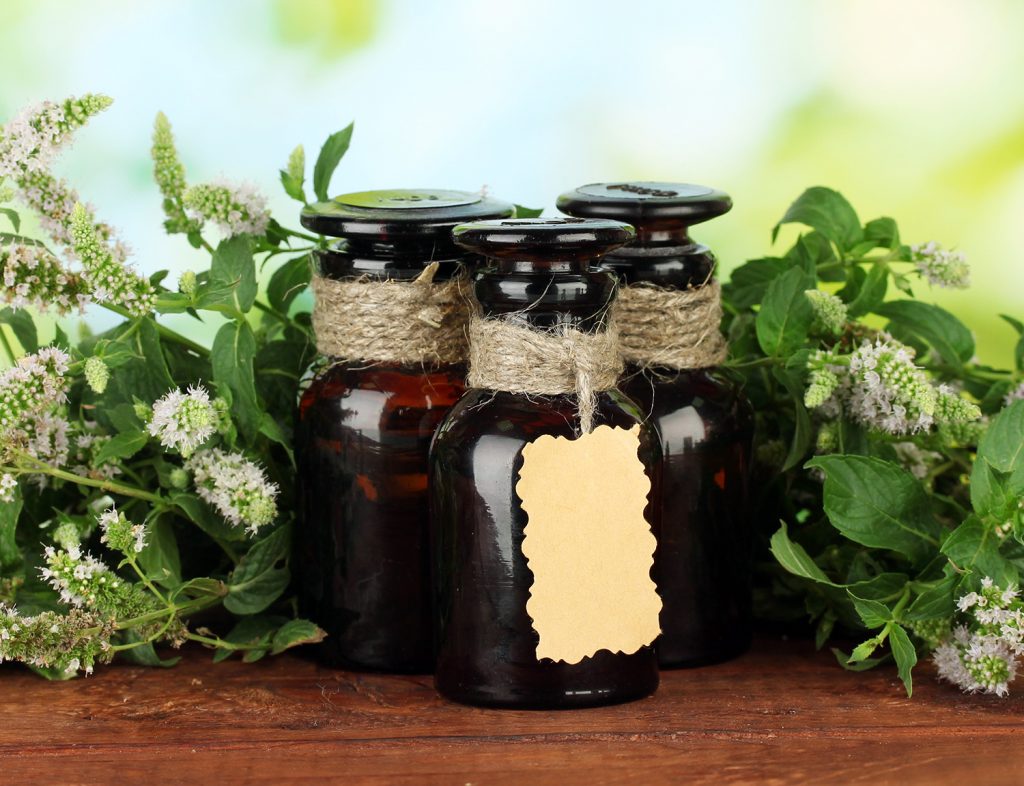
Peppermint oil offers numerous healing properties capable of improving human oral health; therefore, there is no surprise why this particular herb is a common ingredient in toothpaste, mouthwashes, and other dental care products.
The efficiency of peppermint essential oil lies in the calcium that helps ease the tooth pain responsible for your physical and emotional distress. In addition, calcium will not only help you relieve your pain but also help you strengthen your jaw bones that hold teeth securely in place.
The most significant feature of peppermint essential oil is the cooling ability excellent for numbing and suppressing the pain, inflammation, irritation, and redness of gums and cavities.
Last but not least, the stimulating quality of peppermint also boosts blood circulation as soon as the chemicals touch the nerve endings, enriching affected areas with nutrients and oxygen crucial for regeneration as a result.
Healthy mouthwash recipe for toothache

Ingredients:
- 10 drops of peppermint essential oil
- 5 drops of spearmint essential oil
- 5 drops of cinnamon essential oil
- 5 drops of clove essential oil
- 5 drops of tea tree essential oil
- 5 drops of lemon essential oil
- 8 ounces of water
- Almond or jojoba carrier oil
Instructions:
- Mix all essential oils in exact measurement together and add the mixture to the 8 oz of water.
- You can add a few drops of jojoba or almond oil to the solution to mild the intensity and make the dispersing easier.
- Store the given mouthwash in a glass bottle and shake it before each use.
- After brushing, add a few drops of homemade mouthwash to your toothbrush and gently brush your teeth and gums with it.
- You can use the infused water as a regular mouth rinse as well, just make sure you don’t swallow it.
- If the created mixture is too concentrated and strong for your sensitive teeth and gums, simply dilute it with a little bit of water.
Conclusion
Here are last 9 tips that will help you stabilize your mouth flora and help you preserve your beautiful smile.
- Brush your teeth at least twice a day and floss at least once a day.
- Change your toothbrush 3 to 4 times per year.
- If you have braces, ask your dentist or orthodontist what hygiene routine and dental tools are specifically suitable for you.
- Use enough, but not too much fluoride. Fluoride strengthens the enamel; however, if used excessively it can cause white spots on your teeth.
- Enrich your diet with a source of protein, calcium, phosphorus, zinc, antioxidants, iron, vitamin A, C, D and omega-3 fatty acids.
- Avoid sugary foods and beverages.
- Before introducing a new essential oil to your therapy do a skin test patch to make sure you are not allergic to the chosen natural remedy.
- If you have been diagnosed with any skin condition or have other illness that may get compromised by the essential oil, make sure you consult with your medical specialist beforehand.
- Make sure you don’t swallow your essential oil-based remedy when rinsing or cleaning your teeth and gums with it.
Essential oils for tooth pain are an excellent addition to your oral hygiene routine because they are capable of preventing as well as treating decay of teeth and gums. The beneficial components found in 5 mentioned oils are capable of eradicating bad bacterium responsible for illnesses, such as gingivitis, periodontitis, dental cavities, halitosis etc.
Sources and References
- Queensland Government Emergency dental
- HealthDirect Toothache and swelling
- NCBI Toothache pain: behavioral impact and self-care strategies
- MedlinePlus Toothaches




